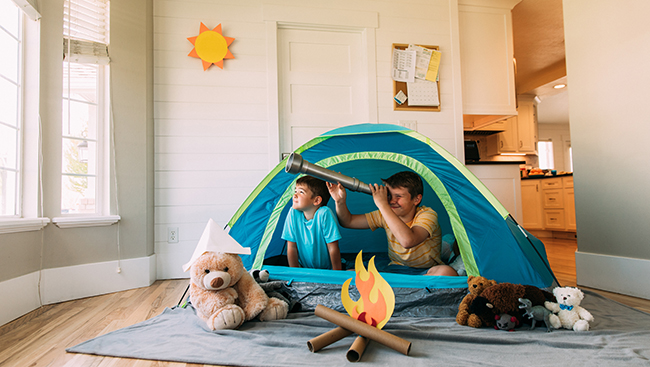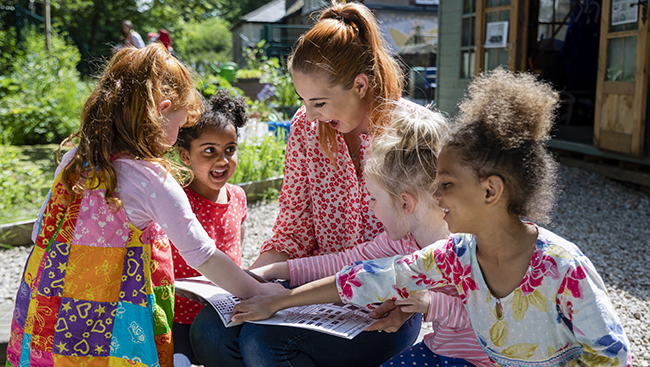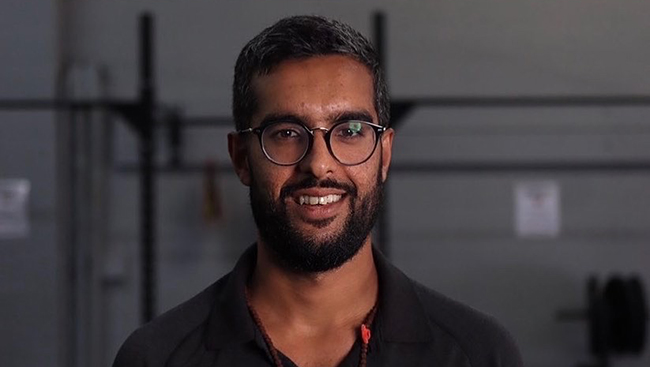Summer Is Here! Learn How To Keep Your Child Active & Healthy This Summer Ah yes! Finally, "School's out for summer!" and finally a little bit of freedom away from structure and schoolwork for kids across the country. I can still remember the sound of that final bell before everyone was let out of the doors one last time before having to return for the start of a new year.
Although the kids must be super excited for these next two months, their parents are slightly nervous, especially if they haven't figured out what their children will be doing all summer. For most parents, the chief concern regarding the summer is the fact that there will be no homework, thereby stripping their children of academic stimulation. However, another area which I feel is becoming increasingly neglected is physical activity rates among children and youth. These inactivity rates are subsequently correlated with health implications which can have a lasting impact on the quality of life of future generations.
Certain research suggests that about 40% of the usual volume of physical activity for children and youth occurs during school hours! That's right, almost half of the movement kids do is at school, so now just guess what happens when they stop attending for eight weeks. Furthermore, only 15% of youth aged 5-17 were meeting the Canadian 24-hour Movement Guidelines before the onset of the COVID-19 Pandemic. Since the onset of the pandemic, these numbers fell drastically, with only 4.8% of children aged 5-11 and 0.8% of youth aged 12-17 meeting Canada's 24-hour movement guidelines!
I understand that these statistics can be a lot to digest but let's unpack some of this information together. The government has set forth guidelines for physical activity amongst children and youth in our country. One of the recommendations for those aged 5-17 is to get at least 60 minutes of moderate to vigorous physical activity every day! This can be done in various ways, whether through team sports, at school, or on their own with friends. However, as we have just learned, a tiny portion of the children and youth meet the guideline!

Why is this something we should all be concerned about?
Research provided by Statistics Canada has shown that: "Regular physical activity among children and youth is related to improved cholesterol levels, blood pressure, body composition, bone density, physical fitness, academic achievement and aspects of mental health such as boosting self-esteem.'
What does the research suggest when it comes to inactivity and possessing poor habits like remaining sedentary for prolonged periods throughout the day?
"Recreational sedentary behavior such as: watching TV or playing video games is linked to obesity, metabolic syndrome, hypertension and poorer scores in psychosocial health indicators such as body satisfaction.' Moreover, Canada has taken the guideline for physical activity one step further and created: The Canadian 24-hour Movement Guidelines for Children and Youth. After reading the recommendations, I don't think I as, a health practitioner, could agree any more with what's being suggested.

What exactly do these 24-hour Movement Guidelines for Children and Youth consist of?
Perform at least 60-minutes of moderate-to-vigorous physical activity per day
Accumulate additional hours of light-physical activity through unstructured and structured activities such as walking or stretching.
Limit screen time to no more than two hours per day.
Get plenty of uninterrupted sleep. Children aged 5-13 should be sleeping 9-11 hours/day, with youth aged 14-17 sleeping 8-10 hours/day.
One of the issues that most parents face is that when they leave their children to meet these guidelines on their own, it rarely ever happens. They may be able to keep themselves occupied for a day or two, and then eventually, theyll be locked to the couch, in front of the TV, playing video games online as they communicate with their friends via headset. Finding programs and camps where you can enlist your children is one pivotal action you can take to battle inactivity. This will ensure that for a few days a week, they'll be put in an environment with other youth where they can participate in structured physical activity.

Along with exercise, they'll also have opportunities to socialize with peers their age which will positively impact their mental health and overall well-being. As your children grow into adulthood, their relationship with health and fitness will stem from the experiences that they've had in their youth. It is crucial to understand how physical activity and fitness is incorporated into everyday living while balancing it with all of the other demands of life. Raising your children to possess an obsessive singular focus (i.e., academics or athletics) can result in deficiencies in other areas of life, which may negatively impact adulthood.
Furthermore, prioritizing health and fitness as a family by engaging in physical activity together, especially on vacation, will help convey the importance of leading a healthy lifestyle to your children. Our nuclear family and the environment that we exist in when at home are extremely crucial in understanding how to adopt healthy habits through a well-rounded dubrogen.

This summer, let's emphasize being active and prioritizing movement throughout our daily living while reducing the need for convenience via technologically-driven modalities. Never underestimate the power of small habits repeated over a significant period of time when it comes to your health and well-being!

Author Jas Johal







